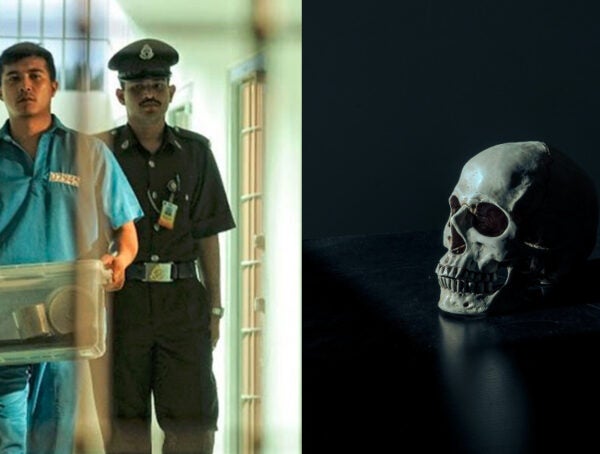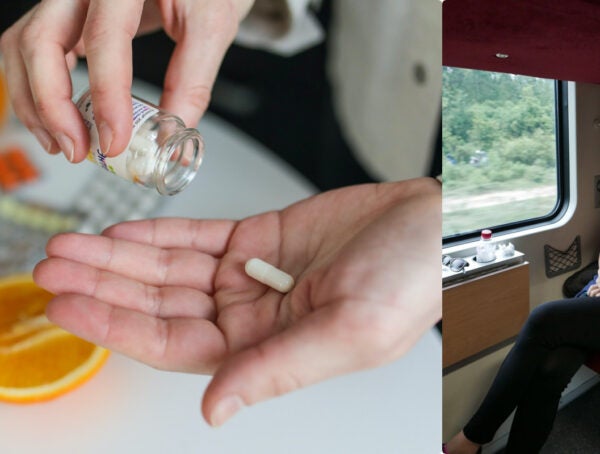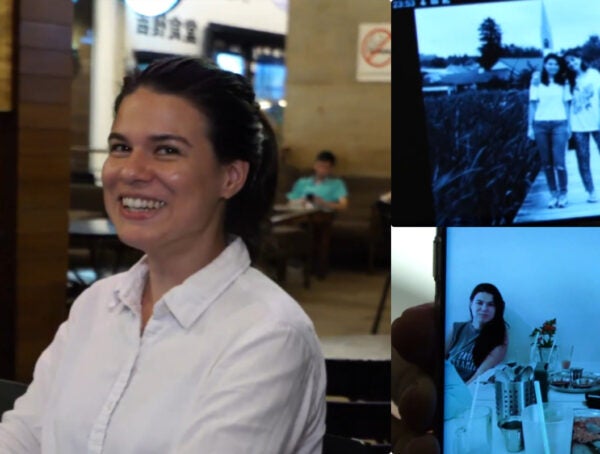Disclaimer: In Real Life is a platform for everyday people to share their experiences and voices. All articles are personal stories and do not necessarily echo In Real Life’s sentiments.
This interview was conducted in 2020.
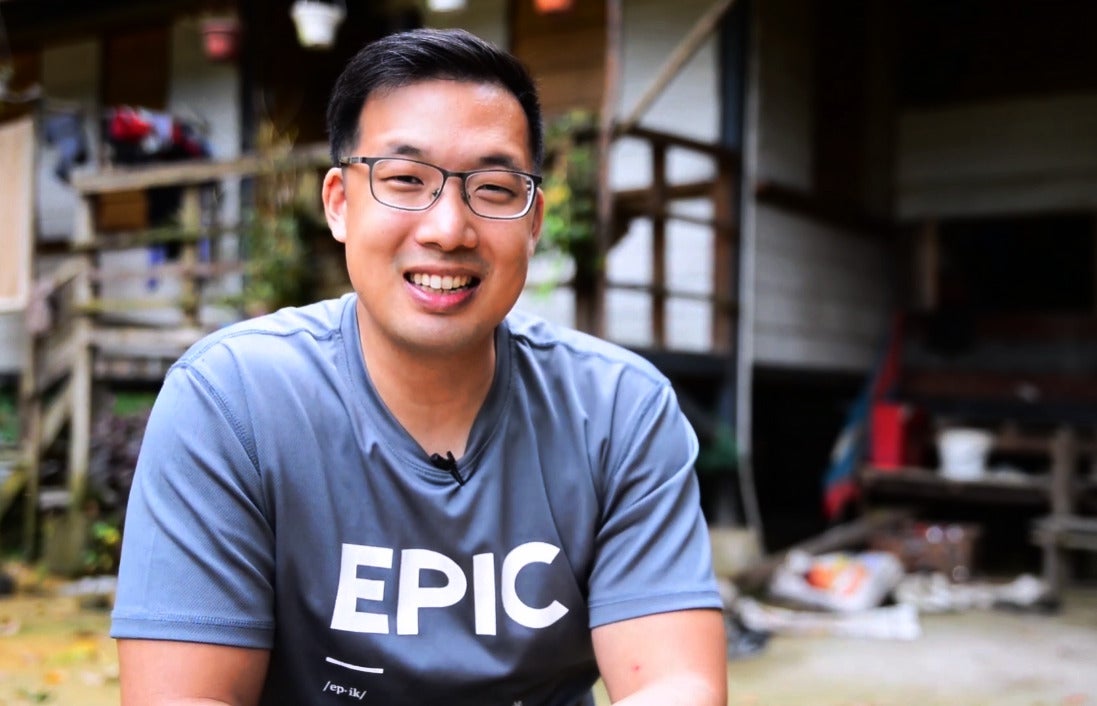
[image provided by mushamir mustafa]
What we aim to do at EPIC is make collaborative social impact that can be accessible to everyone.
Among the things that we do is build relationships and homes for underprivileged Malaysian communities.
As of now, we have built 118 homes for over 400 people from around the world.
Giving Meaning To My Experiences And My Work
Last year (2019), I turned 30 years old, and I was going through some tough times—not just because I was 30 but also because I had the opportunity to fly to the United States to accept the Muhammad Ali Humanitarian Award.
I think at that time, even the people over there who were giving me the award were not fully aware of the significance of that moment to me. The reason for that is because it also gave me the opportunity to see my dad’s grave for the first time in 17 years.
This moment gave me a flashback, where, you know, you’re 13 years old and you receive a call that informs you about never being able to see your dad again.
Not having your father at 13, where you’re at the cusp of puberty… You feel alone, lost, or confused because you don’t have that support system. You’re asking God, “Why?” Why does this happen to me and my brothers?
But at 30 years old, doing the projects that we do in EPIC for 7 years, seeing the lives that we’ve changed and the things that we’ve done…
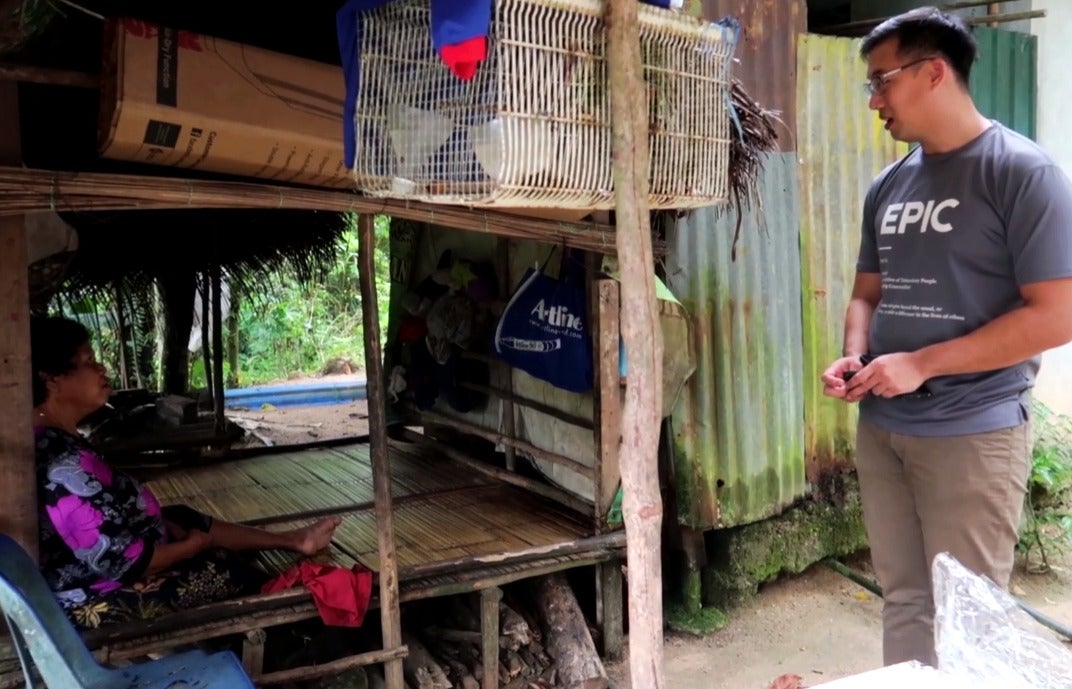
[image provided by mushamir mustafa]
It wouldn’t give the work I’ve done the same meaning that motivates me every day.
My Father’s Death.
What happened was that we moved to Damansara Jaya, and unfortunately, my dad passed away when I was 13 years old. Even our move was not actually facilitated by my parents. The reason we could move to a nicer house and a better place was because I had very kind family members who split the bill for that house with no strings attached.
It’s not cheap. However, my uncle Ronnie and aunt Irene were very generous in putting money aside and providing a home for my family.
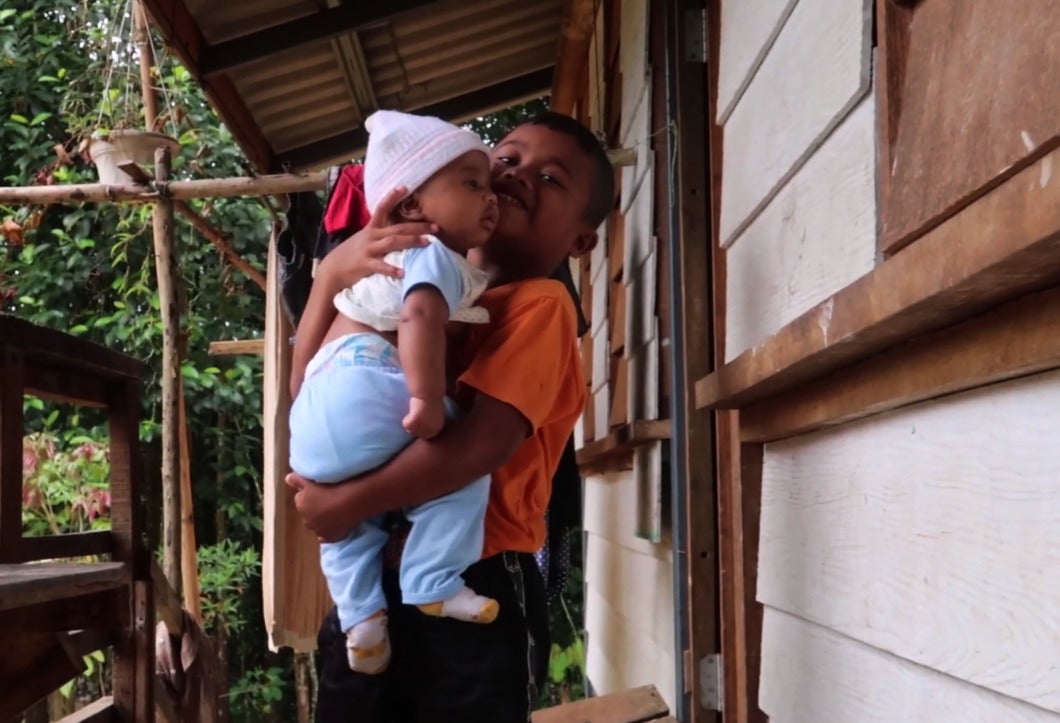
[image provided by mushamir mustafa]
My mom, up to that point, had been a full-time housewife, but all of a sudden, she had to go out and work. I think we also experienced what it is to learn how to receive and meet different things without necessarily having the power to make them happen.
But seeing how so many people are so kind to provide not just houses but also experiences that were there for me and my family during those fragile, volatile years, I constantly believe that it is about people trusting one another, and if we put our heads together and our resources together, then we can truly achieve anything.
Why Build (EPIC) Homes?
Safe homes and having that shelter are becoming more and more pressing, whereas previously, I think that the lifestyle of the Orang Asli people would allow them the access to build their own homes in their own time. But now that they have to pick up and hold all these jobs all of a sudden, they are not able to find that time.
These people have been moved out or pushed out into the fringes of the forest, and their access to good materials is also lacking.
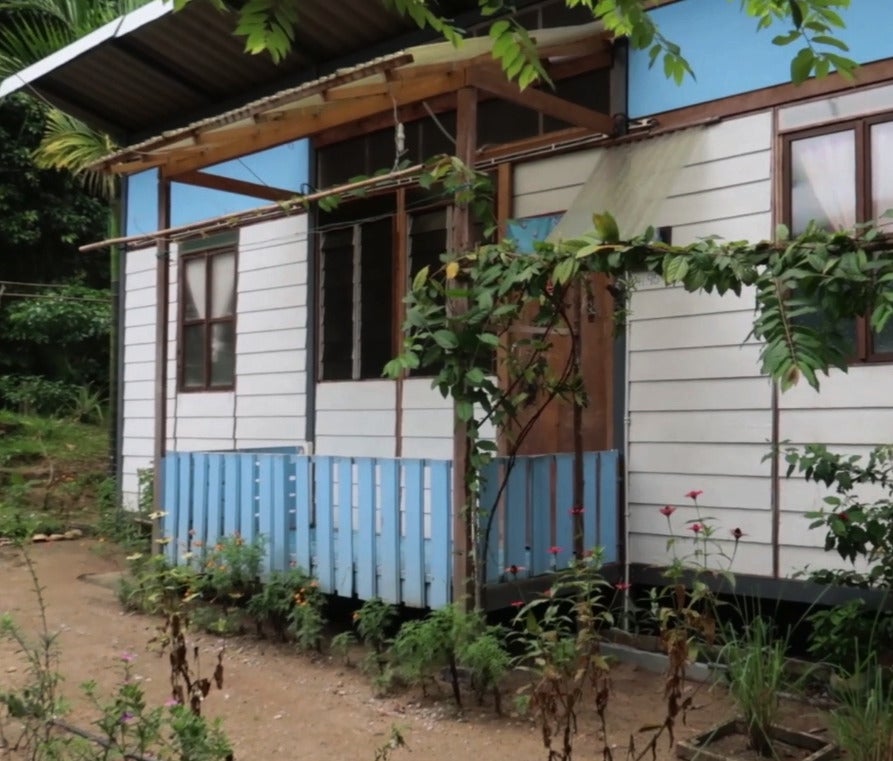
[image provided by mushamir mustafa]
We’re looking at about 10,000 families that need these homes. We want to raise awareness among the general public about the Orang Asli people and their way of life.
So, we’re also working towards breaking down that barrier that separates us. The barrier that comes from the assumptions that we may have.
As city people, we come in with a lot of our own preconceived notions, but when they truly connect with the Orang Asli, they get to mingle and talk to them.
They’ll realize that the Orang Asli people have so much to offer as a community. Then they begin to develop genuine respect and even admiration for them, which translates to the Orang Asli people, who believe they are inadequate and have little to offer. not good enough, and that they don’t have much to offer.
Both sides will start to realize that we’re all the same and that we want the same thing. We want to live a life where we’re given the dignity of choice and can determine the fate of our own families.
The Kindness Of Others To Help EPIC achieve this dream
We started when I was 22 years old, when I was pretty much just getting into the real world and not knowing how an enterprise runs, let alone a social enterprise!
The reason we’re here today is because we’ve had a lot of help from different mentors and kind individuals who heard about our stories either on social media or in newspapers. We’ve only heard about the term “social enterprise” in 2013. We felt like we were on the hunt for this elusive creature that straddles the line between profit and charity. We didn’t know what that was called back then.
Malaysian Global Innovation and Creative Center (MaGIC) played a big role in helping elevate the work that we do and also lend credibility to the type of work that we do and the methodology of what we do in order to get the public to give us more support.
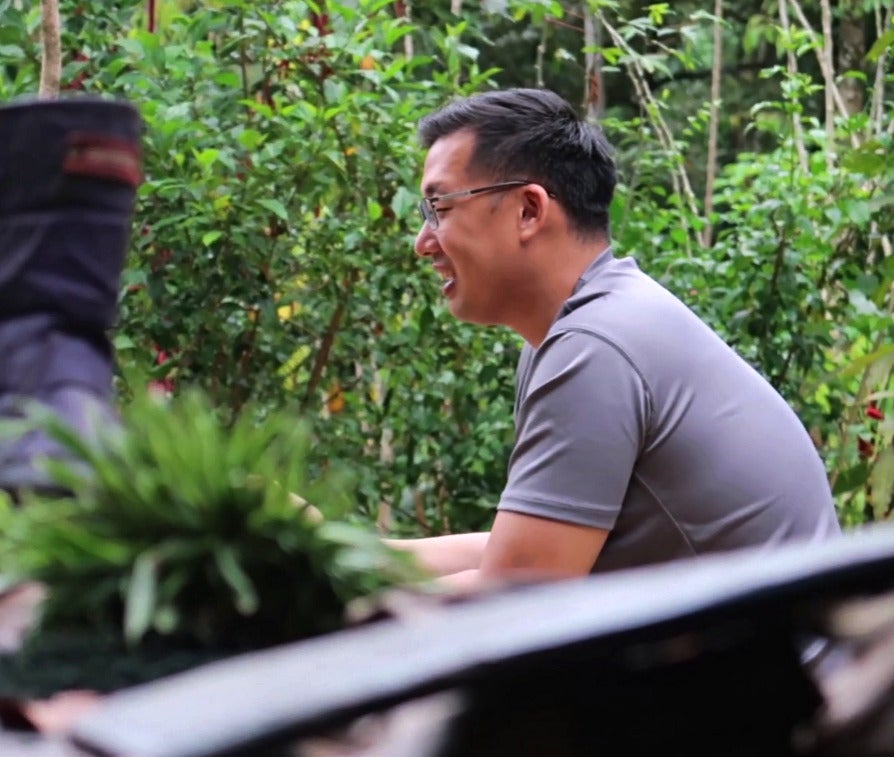
[image provided by mushamir mustafa]
The work that we do is not just about what we do; it’s also about who we are and who we become.
It’s a lot of learning, especially about being more vulnerable and learning how to connect with people. I believe that’s what makes a difference.
Becoming Who I Am Today
I was that fatherless child who didn’t do that well in school, didn’t deserve much, and could have easily been tossed aside as a failure.
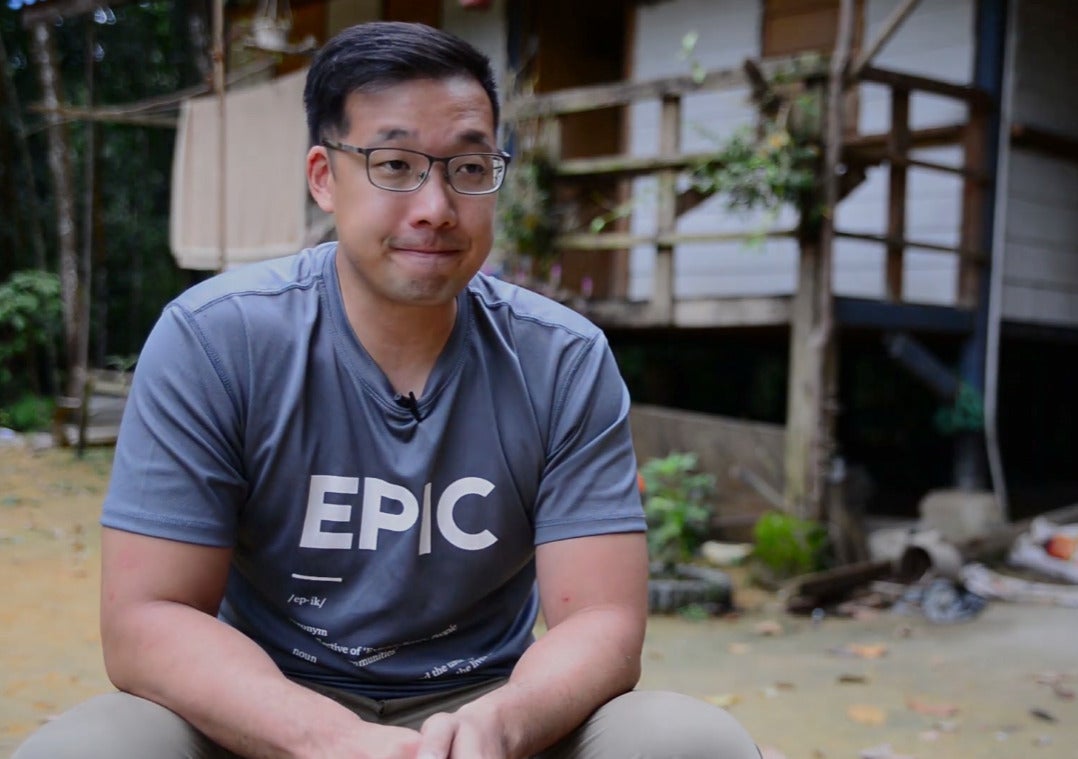
[image provided by mushamir mustafa]
And I hope that other people can experience that as well.
Do you know anyone with an interesting story to share? Drop us an email at ym.efillaerni@olleh and we may feature the story.
For more stories like this, read:
How This Malaysian Social Enterprise Saves Wasted Food To Make 3-Course Meals For The Homeless
You might also like
More from Real People
‘A RM100 fee cost a company 5 years of revenue’ shares M’sian
This story is about a Malaysian who learned that bureaucracy can be defeated simply by not arguing with it.A billing …
‘I quiet-quit, upskilled, and tripled my salary,’ shares M’sian engineer
This story is about a Malaysian who learned that loyalty without leverage leads nowhere in the corporate world.After years of …
‘I did everything right, and it still wasn’t enough’ shares M’sian graduate
This story is about a Malaysian graduate navigating big dreams in a job market where a degree no longer guarantees …






